Do Our Personal Politics Change Over Time?
In an America whose political system is driven by left-lane and right-lane ideology and the middle serves as grounds for centrist-thinking individuals, our politics are ever-changing products of our beliefs in the government and what we want this nation to be. In order to understand why we take stances and how these stances could likely change due to circumstance, we must turn to those around us and listen. In this article, I spoke candidly with three Norristown social studies teachers to understand how and why one’s politics change over time from adolescence to adulthood.
Political evolution in the United States is not guided by one single answer but instead by multiple perspectives and experiences that lead to different ways of thinking politically. The three social studies teachers I got to meet with taught me of how we evolve politically and what it means to evolve politically. They have developed through life as political people and will continue to do so as they learn more about the world around them and how their politics tie into that world.
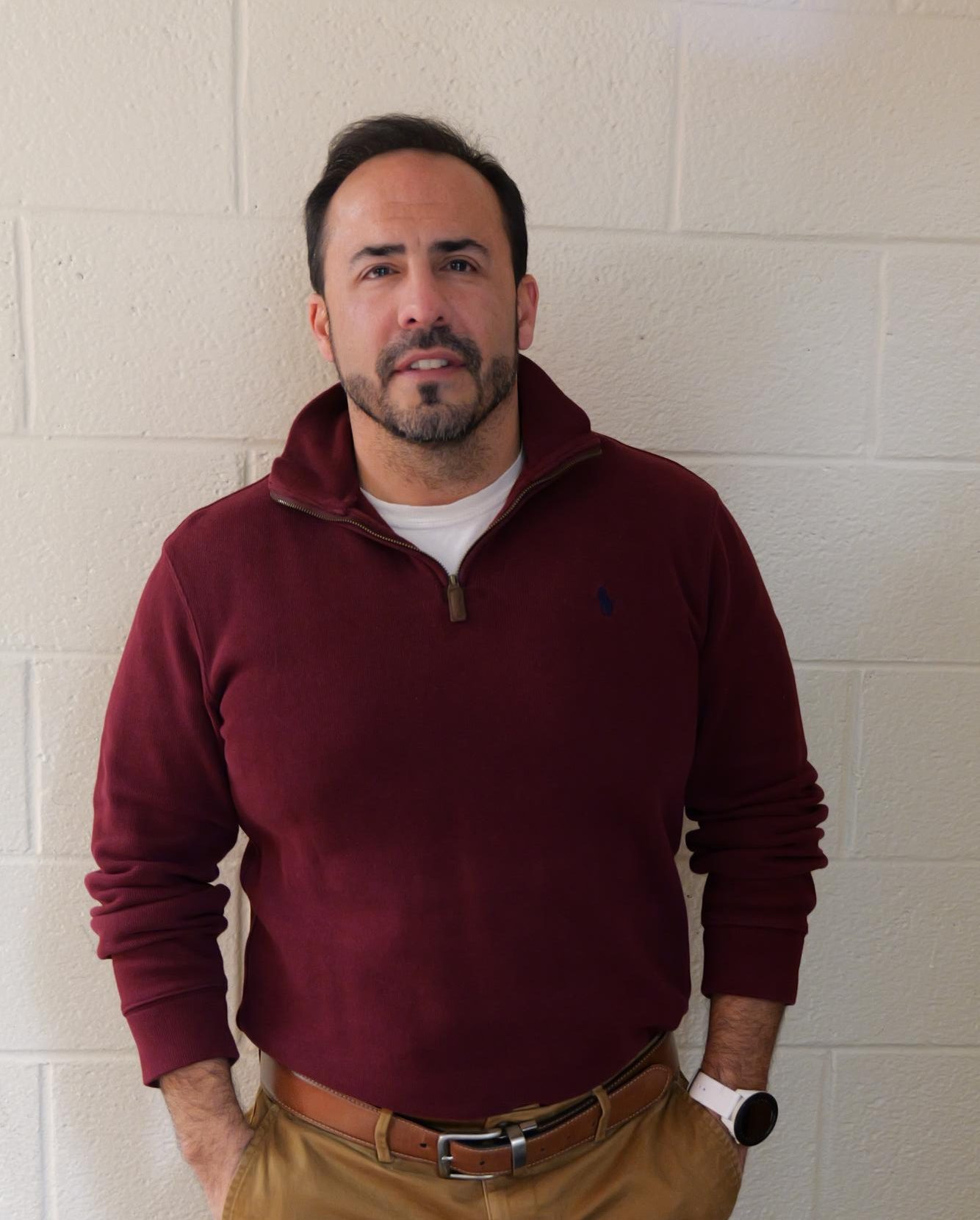
Joseph Paone, a U.S. Civics and Government teacher, is the son of Italian immigrants. His interview began with an unsure attitude towards the government. As he has gotten older, Paone said, mainstream politics have had less of an influence on him.
Paone said his core values are family, a strong economy, and “some type of morality,” which he feels could be influenced by religion. However, when he was a teenager, Paone’s core values were more inward-looking, expressive, and an overall free lifestyle.
As the government should be ensuring and protecting the peoples’ core values, Paone believes that the U.S. government today fails to do so on certain fronts.
In regards to freedom, Paone believes that the government does not succeed in protecting this right and said specifically that freedom of speech is under attack.
“I feel like when I was a child—we didn’t have social media—people were comfortable saying what they felt. Today, people are afraid to say what they want because they can be canceled if they say the wrong thing,” said Paone.
He also said that there “is no right or wrong thing” and that what we say is opinion, which should be safeguarded by the First Amendment.
Paone believes that our government does a good job providing us with an America that has both choices and options; however, as for other values, this is not always the case.
Paone said that it is not the government’s job to promote family, but the government should support the family as the backbone of success in the country. He believes that the government does not do enough for the family, and in certain cases, it even “tears down the nuclear family.”
Paone credits the importance of family in his life and views to his Italian roots.
“In the South, they say, ‘God, Country, Family.’ That’s not me. I’m ‘Family, God, Country,’” he said.
Another core value that Paone believes the government does not do a good job of ensuring or protecting is religion and the freedom to have faith and practice one’s beliefs. Though it is not the government’s job to promote religion, Paone did say that it is its job to make people feel safe to practice their respective religions.
“[The government] interferes with peoples’ religion, tries to tear down religion and faith, and that should not be the focus of the government,” said Paone.
Paone called back to COVID-19 and how during the pandemic, the government stopped people from practicing their faiths all while people were gathering and attending non-religious events that were supported. He believes that this is an example of the many instances in which the government has gone after specific religious groups in the United States.
“When I was young, I feel like they did a better job,” said Paone, about our current government failing to ensure and protect family and religion.
When Paone was a teenager, his politics were also influenced they those of the outspoken celebrities he respected.
He was a big Bruce Springsteen fan but has since downgraded his opinion of the famous musician. He attributes this to Springsteen having become “out of touch” with the political realm.
Paone warns today’s generation to not take political cues from celebrities or really rich people because they “don’t understand what it means to struggle.”
Paone also considers the tv news to be an unreliable source of obtaining political cues, as it either leans left or right and never is centrist, explaining that no matter what news channel it may be, “the news today is all spun.”
“You should be talking to people in the community; you should be paying attention; you should be listening to people who are on the inside. There’s plenty of places today where you can get the real information,” said Paone. “Go find the facts. It takes a little bit of time, but they’re out there.”
Paone believes that kids today seem to affiliate themselves with a political party or politician quickly without holding out. He tells his students to learn more about a party or politician before making an affiliation and to not “put yourself in a box.”
Even though he had his views at the time, Paone did emphasize that politics were not that much of a concern when he was a teenager, though they started to become moreso over time.
“As you get older, you have a stake in society. You have something to lose, like your children and your job and your home and all those things. Then you start to get more politically aware because you know what hurts you and what helps you,” he said.
Although Paone emphasized a lack of political concern when he was younger, he also mentioned how the feelings that do appear when we are young are usually more politically progressive. He said that when we are young, we want to do things “a new way,” and so we gravitate more towards being liberal. But as we age, the line shifts, and the new way begins to turn into the old way; therefore, a person who was once considered liberal may then be perceived as conservative. Though, at times, we may be the ones to move and not so much the line.
Paone said he best remembers three former U.S. presidents from his adolescence, all of whom did not share the same political party. Of the three he mentioned, Paone considered Ronald Reagan to have had the biggest impact on his life during that time.
“He had a big impact on us in the ‘80s,” said Paone of Reagan.
The other two former presidents Paone mentioned, Bill Clinton and George H. W. Bush, didn’t have as great of an impact on him as Reagan did, but he attributes that to the fact that Reagan served as president during the height of the Cold War.
However, Paone did say that, in the ‘90s, Clinton “had a lot of momentum” and “he was someone that a lot of people liked and most young people liked.” Paone also drew comparisons of Clinton to Barack Obama.
“They held themselves in the way that they led their nation,” he said.
Being the son of Italian immigrants, Paone said that while his Italian heritage didn’t make him think a certain way politically, it did shape how he thinks about family and the importance of family to him.
Paone criticizes the U.S. government for overstepping its boundaries and pretending to be the people’s parents. Paone cites the problem to be “the more that [the government] gives you, the more power you’re giving them.”
“If you’re looking for the government to be your family, if you’re looking for the government to be your father and your mother and to take care of you, you’re looking in the wrong places,” Paone said.
Paone talked about political radicalization, which is common in most adolescents’ politics and political thinking. Though he did “pay attention,” Paone said that he was never radicalized as a teen himself, most likely due to where America was during his adolescence.
“In the ‘90s, people were not politically active. Teens were not politically active. I mean, somewhat of course, but not at the level they were in the ‘60s,” Paone said. “I was never radical on either side. I’ve always been pretty much in the middle, and I still am.”
While Paone was never radical, he did mention having some against-the-establishment sentiment as an adolescent. He said that this feeling comes from being young and wanting to change the world.
Paone also mentioned being in a band and writing about being against the establishment.
“I was the singer and wrote, but it didn’t have anything behind it. It was just parodying what you hear, but it wasn’t like I was motivated to take down the system,” he said.
When asked what issues he was concerned about in today’s America, Paone’s first response was war. He believes that the government’s foreign policy does not help those who aren’t rich and only hurts the people oversees America claims to help.
“We’re spending billions of money on foreign wars that I don’t think help that class of people I talked about. It doesn’t help the poor, it doesn’t help the middle class. Never has, never will,” Paone said.
Other issues Paone spoke about in modern-day America are education and the economy. He questions the paths the nation is on in both respective fields and where the nation is headed.
“I’ll be honest with you, teenagers—and it’s not at any fault of a teenager—but you are very introspective. You think about yourself, and that’s just how it is,” said Paone. “So I was focused on me, and I was focused on how I could better myself.”
Paone speaks on the behalf of most teenagers of his time and said that they were more concerned with “having fun and where we were going to go to college.”
Paone’s political ideology remains skeptical and stands in the center of a politically-waning left and right country. His political thinking took a turn during the transition from adolescence to adulthood as he began to develop a stake in this country that he was not willing to lose: family, a home, a job, all of which is not the most important to him
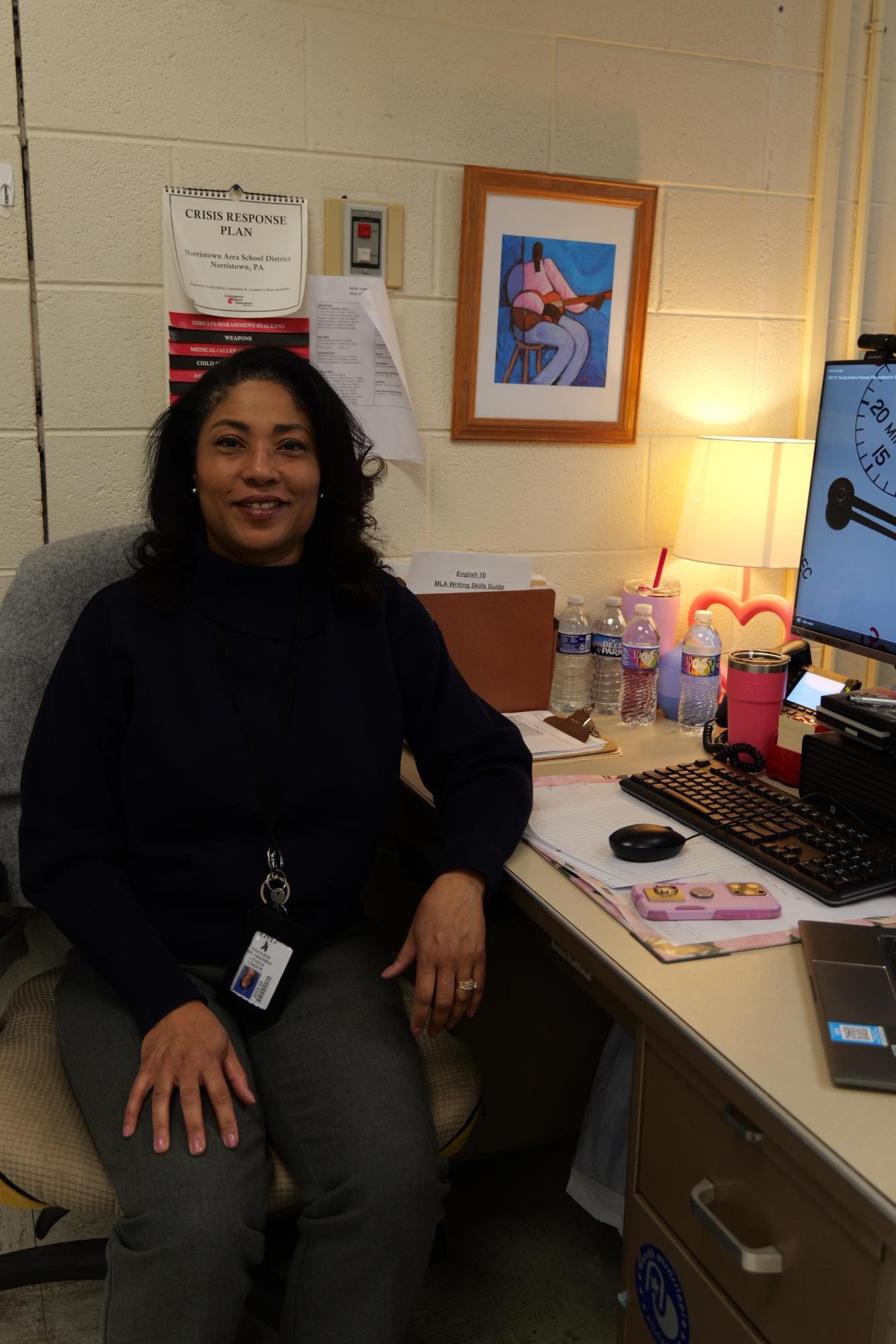
Audrey Dudley is a U.S. History and Law teacher. She was born in Lower Merion and has since been a local of the Greater Philadelphia area. Dudley grew up in the classic suburban neighborhood and took up a few hobbies as a teenager.
“As an adolescent, I was probably interested in sports and our family tradition where everyone has to play a musical instrument. So I took piano lessons and even passed down the tradition to my child,” said Dudley.
Dudley also mentioned having an interest in politics as an adolescent and participating in Model United Nations (Model UN) in high school, an educational simulation of the United Nations for students to learn about the organization and how it handles international affairs.
“I did always like politics and foreign affairs,” said Dudley.
Dudley believes that her interest in politics came from having grown up in an innately political household. She mentioned always having been interested in social studies, culture, and “figuring things out.”
“My father would sometimes take an oppositional role on purpose but you didn’t know at the time—at least I didn’t know as a kid—just to get us thinking and talking,” said Dudley. “So I think that’s what sort of sparked it.”
Dudley’s parents marched in the Civil Rights movement, having participated in the historic March at Washington.
“That was a part of who they were,” said Dudley of her parents.
As an adolescent, Dudley said her core values were fairness and democracy, including free speech. She considered herself a “rule follower” and has been a student of law since a young age. And although she had never been radicalized, Dudley said she could “see the good and the bad” of the U.S. political system and criminal justice system.
As for her core values, Dudley believes that the government did ensure and protect them, explaining that they weren’t trying to go against those values. However, she also mentioned how the government would at times do things that were counter to those core values, like the Iran-Contra affair.
Although one of her core values was fairness, Dudley said that “it doesn’t mean that everything was fair because it wasn’t.”
“When you’re a person of color, your experience is very different than others. It doesn’t mean that all of a sudden you’re anti-United States government. But it doesn’t mean you’re not cognizant of what’s happening around you,” said Dudley.
Dudley stated she was never radical but did “think different things were important” at certain times in her life. For example, in college, Dudley considered herself more of an environmentalist and so wrote letters about environmental issues.
Dudley emphasized that she was never anti-establishment like many other teens were.
Mainstream politics were more of an influence on Dudley than anything considered fringe of which Dudley assures never had an influence on her. Although mainstream politics were more present in her life, Dudley said “it was always looked at with a critical eye” as to say it wasn’t just following a political belief without question or critique. This all continues to be true in Dudley’s life today.
As an adult, Dudley’s core values have stayed the same. However, Dudley believes that these core values “are threatened more than they have been in more recent years.” She attributes this to the “twisting of American values to be more fascist” as she puts it.
“Sort of like, ‘if you’re not with me, you’re against me,’” said Dudley. “We can have different opinions and viewpoints, and that, in my opinion, can exist in a true democracy.”
During her adolescence, Dudley was concerned about the apartheid in South Africa and racial unrest in the United States. Although Dudley wasn’t protesting against the apartheid, she “would have been in support of that movement.” In the United States, Dudley mentioned the Rodney King incident and Central Park Five as being examples of racial unrest.
Dudley made reference to the past when Donald Trump advocated for the prosecution and death of those five teenagers even though they were innocent.
“That underscored the problems and inequities of our criminal justice system,” said Dudley. “So much so that now, they’ve been completely exonerated, and he’s [Donald Trump] still saying like, “Yeah, I was totally right in what I did.”
Trump’s presidency today, Dudley says, may give us a window into how people may inwardly feel.
“I think that’s an indicator of our politics maybe changing but not changing, still doubling down on that even though it’s been completely debunked and proven contrary,” she said.
In today’s America, Dudley is concerned about the limitation of freedom. She talks about a woman’s right to choose and how the government is reducing that right. Dudley considers this to be troubling to her.
“I think of my late mother who said to my daughter, who’s seventeen, ‘I fought for Roe v. Wade. But you are going to have to do the same fight again,’” said Dudley.
Dudley also refers to changes being made to voting. She mentioned how the limitation of voter participation can be done openly or secretly. Dudley believes that “everyone should be able to vote.”
“I know people say you have to be a citizen, and I’m like, ‘Well, you’re also living here and dealing with the consequences of that. So why wouldn’t you get or have a say in it?’” said Dudley.
Dudley generalizes the limitation of freedom and believes that if these limitations continue, whether very openly or not, “we’ll have two different Americas.”
“You’ll have some parts of America where you’ll have much greater rights and freedoms than you do in other parts of the country, and that can create a disunified nation,” said Dudley of her fear.
Dudley emphasized that the areas with fewer rights and freedoms will be more impoverished because of a lack of jobs while areas with greater rights and freedoms will be generating more income.
In today’s America, Dudley questions whether or not teenagers care about politics and attributes that in part to the amount of unfiltered information there is that can be false.
Dudley said that the U.S. president she best remembers from her adolescence is Ronald Reagan. She attributes this to Reagan being heavily involved in the opening up of the U.S.-Soviet relations and considers him “the most influential political figure at that time” for her and her generation on that front. However, domestically, Dudley mentioned high interest rates, inflation, and racial tensions under the Reagan administration.
Another reason why Dudley best remembers the Reagan presidency from her adolescence is because he was in office when Dudley participated in a student exchange program. Dudley, along with other students, went to Washington and met with Reagan, and shortly after would begin traveling throughout Northern Europe and the Soviet Union. Dudley experienced a different way of life in each European country.
After her adolescence and high school experience, Dudley attended law school and eventually became an attorney. Although Dudley liked being an attorney, the nature of the job was “extremely grueling” and, after fifteen years, she decided to become a teacher.
Since a young age, Dudley has been a student of politics. Her experiences at home and throughout the world have helped develop her political way of thinking and how she views government and those who govern. As for her evolution of politics, Dudley has always looked to traditional politics as an influence and that has remained so to this day. That is not to say she hasn’t always kept a close eye on traditionally mainstream politics, because she has. Being an African American woman in the United States has also made her think in ways that others may not be able to relate to.
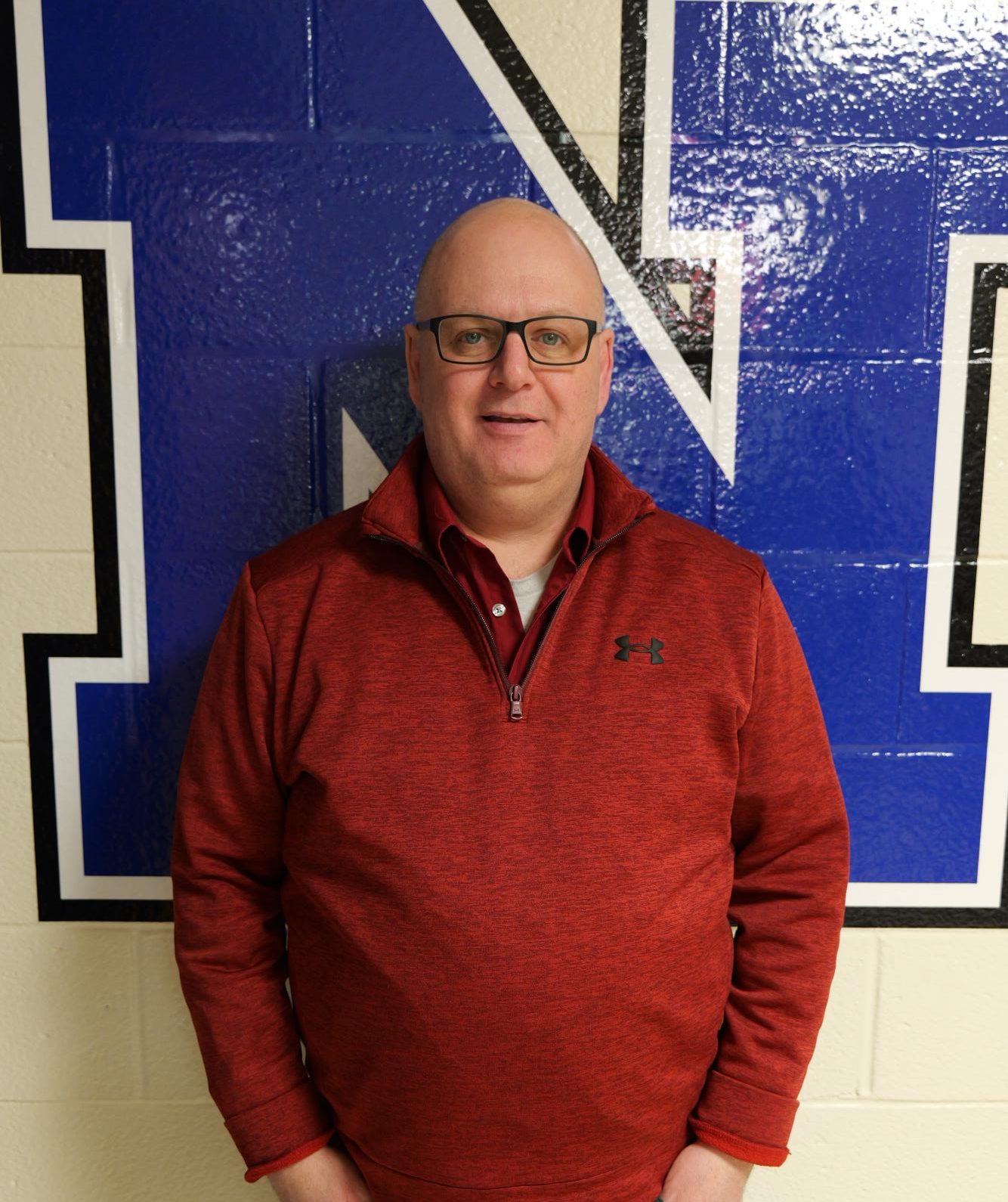
Erich Glaeser is an AP Human Geography teacher in the social studies department. He was born and raised in Pennsylvania and grew up during the late ‘70s and early ‘80s. Glaeser’s parents immigrated from Germany and came here for opportunity. As he grew up, Glaeser explained that neither he nor other teenagers were politically active.
“I was more obsessed with playing, watching TV. I don’t think I became political until college,” said Glaeser.
When Glaeser eventually became political, he spoke about how he moved across the spectrum—or ”goalpost” as he called it—as times and stances moved/changed as well.
As an adolescent, however, Glaeser emphasizes the fact that he wasn’t politically active and that his core values were family, sports and athletics, and pop culture. Today, Glaeser says his core values are family, law and order, and to “just enjoy life.”
Glaeser believes that the government is not currently protecting or ensuring his core values today and questions the government.
“I think at least at the local and state level they are. Federal level, they try to be but at the same time I believe a lot of people in both parties are compromised,” said Glaeser.
The compromise that Glaeser is talking about refers to lobbyists and special interest groups who try to influence elected officials to advocate for a certain matter.
“Sometimes [the lobbyists] go against American values I believe because they want to push their agenda or think, and I was a kid so I didn’t know any better.”
Glaeser considered this to be one of America’s biggest issues during his adolescence and early adulthood. He referred to the lobbyists and special interest groups to be a part of the corruption that hid within the government during those times.
At the time, Glaeser believed that to get the corruption out, “there needed to be a total overhaul of the government in general” and looked to H. R. Perot and the Reform Party of the United States of America as the resolution to this issue.
Glaeser explains that the 1992 U.S. presidential election was the first election he could vote for and that Perot inspired him. Glaeser believed that “reform was needed in the government” and thought that “the Reform Party was going to be the new party” of the United States.
Today, Glaeser believes that there is still corruption in the U.S. government and that this issue can be resolved by “Holding everyone to the rule of law.”
Glaeser also thinks that most of today’s teenagers don’t care enough about politics. However, Glaeser does not hold teenagers at fault for not caring enough. He emphasizes how celebrity influence can be so much stronger on teenagers today—and during his adolescence—than the influence of politicians.
“I think if they do care, they’re heavily influenced by celebrities. Was I any different? Probably not. But I think they speak higher to them than their political officials,” said Glaeser.
When asked whether or not teenagers during his time cared about politics, Glaeser made reference to the amount of information that both his generation received at the time and what that looks like now with today’s teenagers.
“I don’t want to say didn’t care enough but there’s too much media out there, and you guys are consumed by it,” he said.
Glaeser says that there being so much information ultimately creates biases. Arguments stem from these biases as one person can get their information from one source and another from an opposing source, both of which have different views and facts. Glaeser also mentions TV stations as being part of what creates these biases.
When asked if he trusts these news sources to be giving the people political cues, Glaeser emphasized how there is “definitely a bias on both sides today” and how it is “not like it was in the ‘80s.”
Glaeser mentions never having been radicalized. He says he’s been and still is “pretty middle of the road,” but what does provoke his political stance is the mass amount of spending in government.
“I just don’t like a lot of spending in government. We’re in debt so many millions—and by the way, that’s both sides,” said Glaeser.
The area that Glaeser believes needs more spending is infrastructure. Glaeser also believes that there should be a fossil fuel and overall energy reconsideration in the United States.
From his adolescence and earlier childhood, the two U.S. presidents Glaeser best remembers and considers to have had an impact on him are Ronald Reagan and Bill Clinton.
“I think he was the man to help us win the Cold War. He took a firm, strong stance against the Soviet Union,” said Glaeser of Reagan.
Glaeser said that the Cold War in general had a big impact on his life.
“The Cold War was a huge impact on my life. Every pop-culture movie reference, what was going on in Europe, Asia—that dominated a lot of my life,” said Glaeser.
When it comes to his politics, the Cold War had only a “little bit” of an influence on how Glaeser thinks politically.
Glaeser refers to Clinton as a “pro-business Democrat” and considered life to be “good” and “prosperous” during the ‘90s which the Clinton administration oversaw.
In today’s world, Glaeser noted familiarity with cancel culture and said he is “totally against it.”
“People make mistakes and social media is harsh because a lot of people are like, ‘Oh, this guy. Let’s go back two years ago—got him!’” said Glaeser about why he’s against cancel culture.
Glaeser believes that the people who do make mistakes should have the opportunity to redeem themselves. He also said that cancel culture wouldn’t have thrived during his adolescence because he considers social media to be a “harbor” of cancel culture.
Like his peers in the social studies department, Glaeser shares a keen attitude towards the government and stays conscious of it at all times. He grew up during a time of global dispute and so has developed as a political being since his childhood and adolescence when the world experienced the Cold War. But still, like Paone had previously mentioned, Glaeser’s adolescence wasn’t guided by political interest but rather by the virtue of being an adolescent during such a culturally-rich time in American and world history.

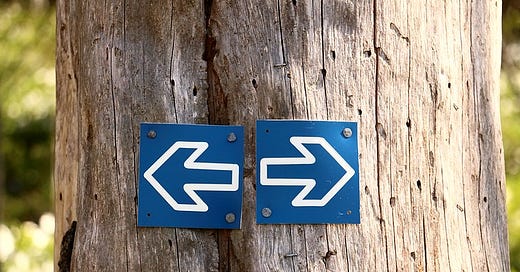

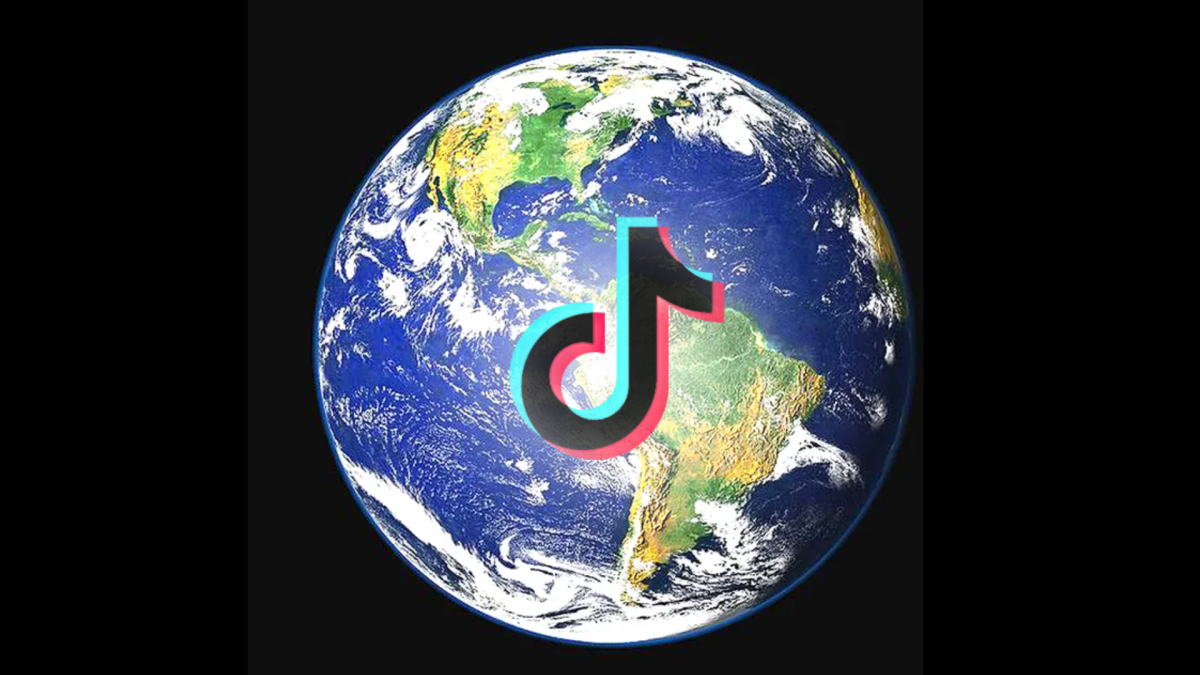
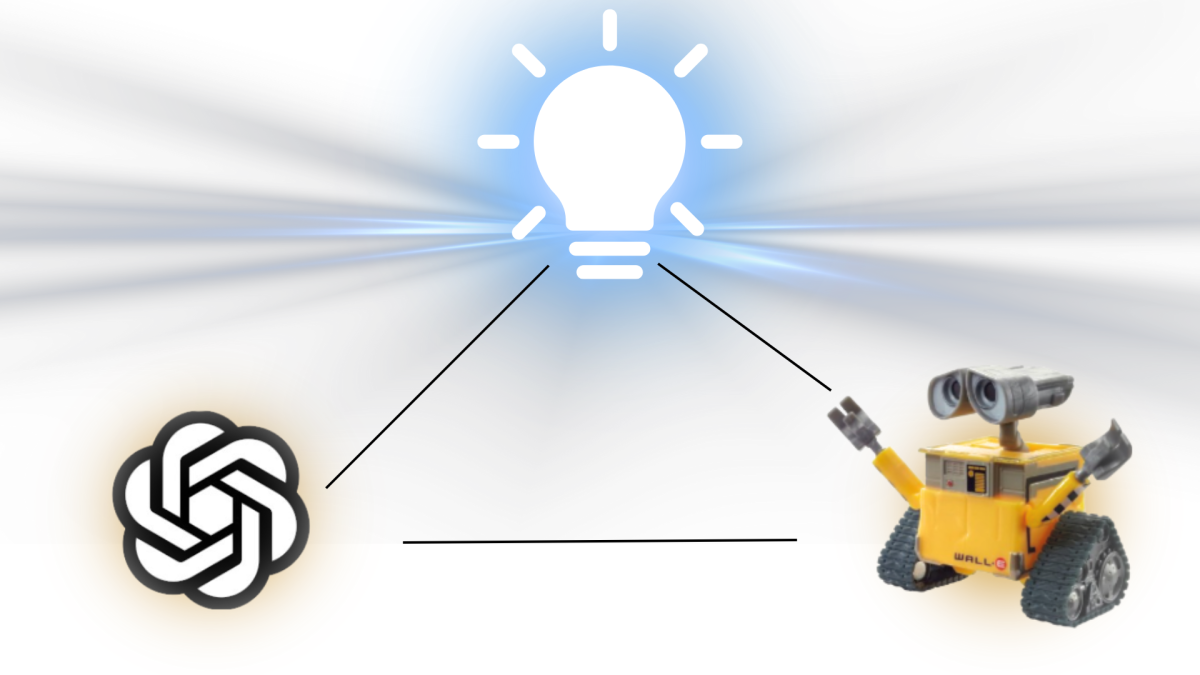
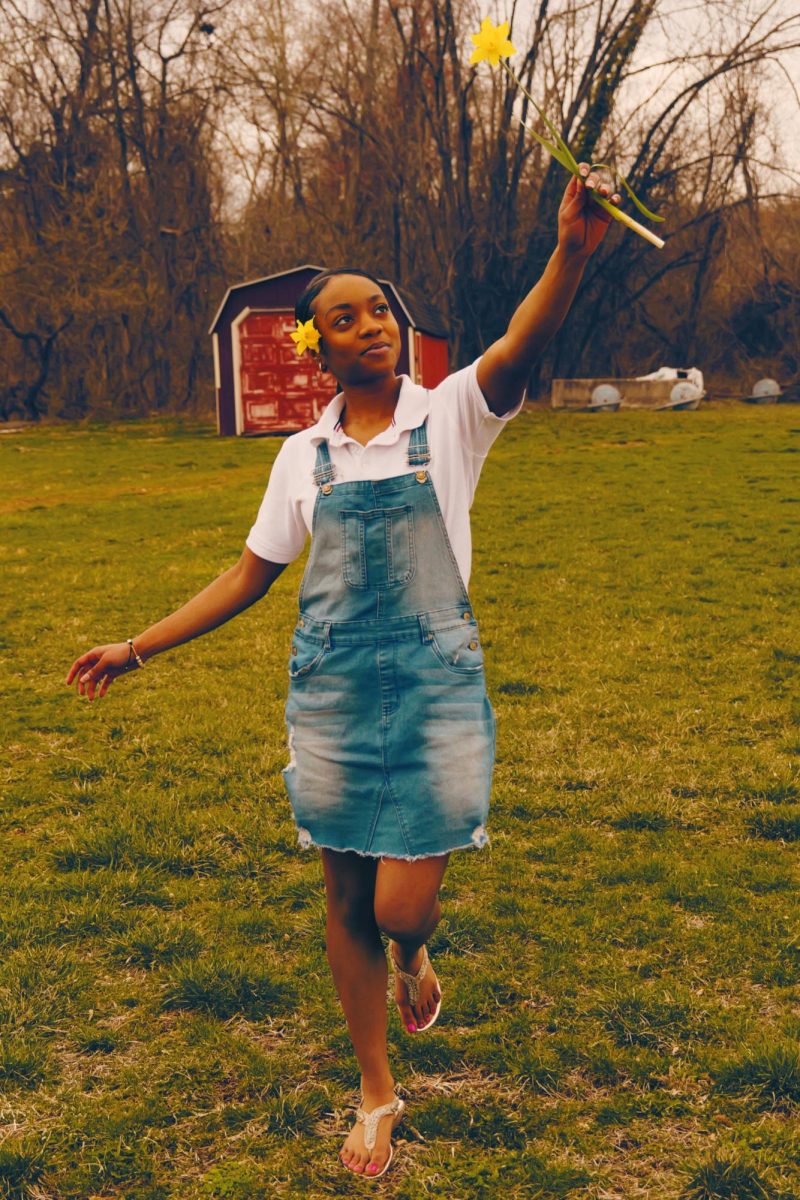
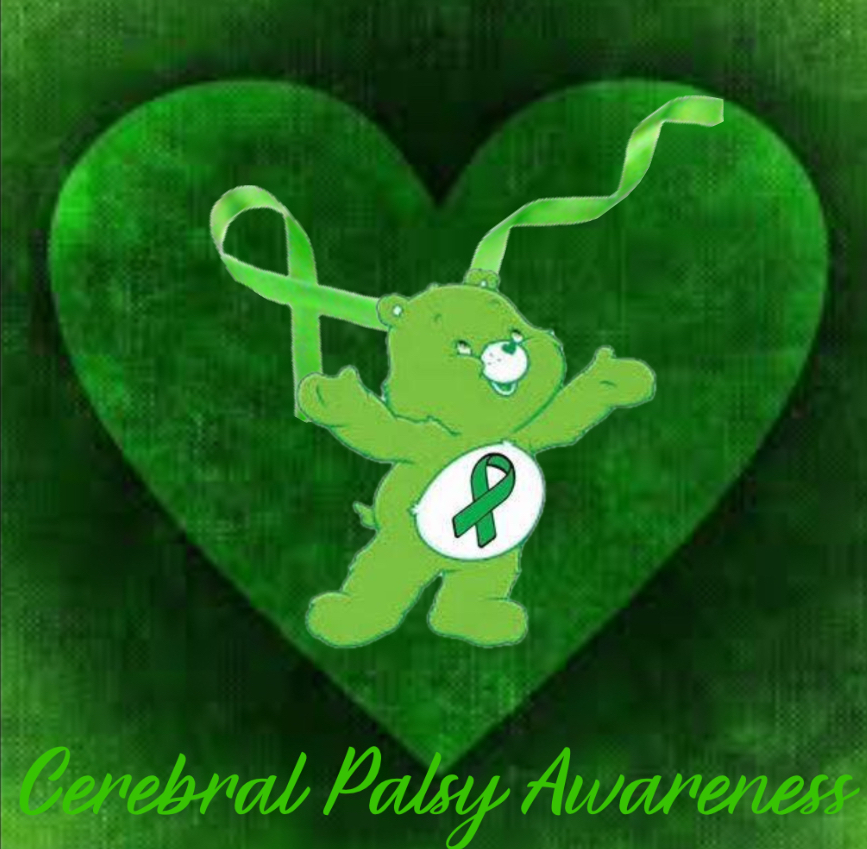
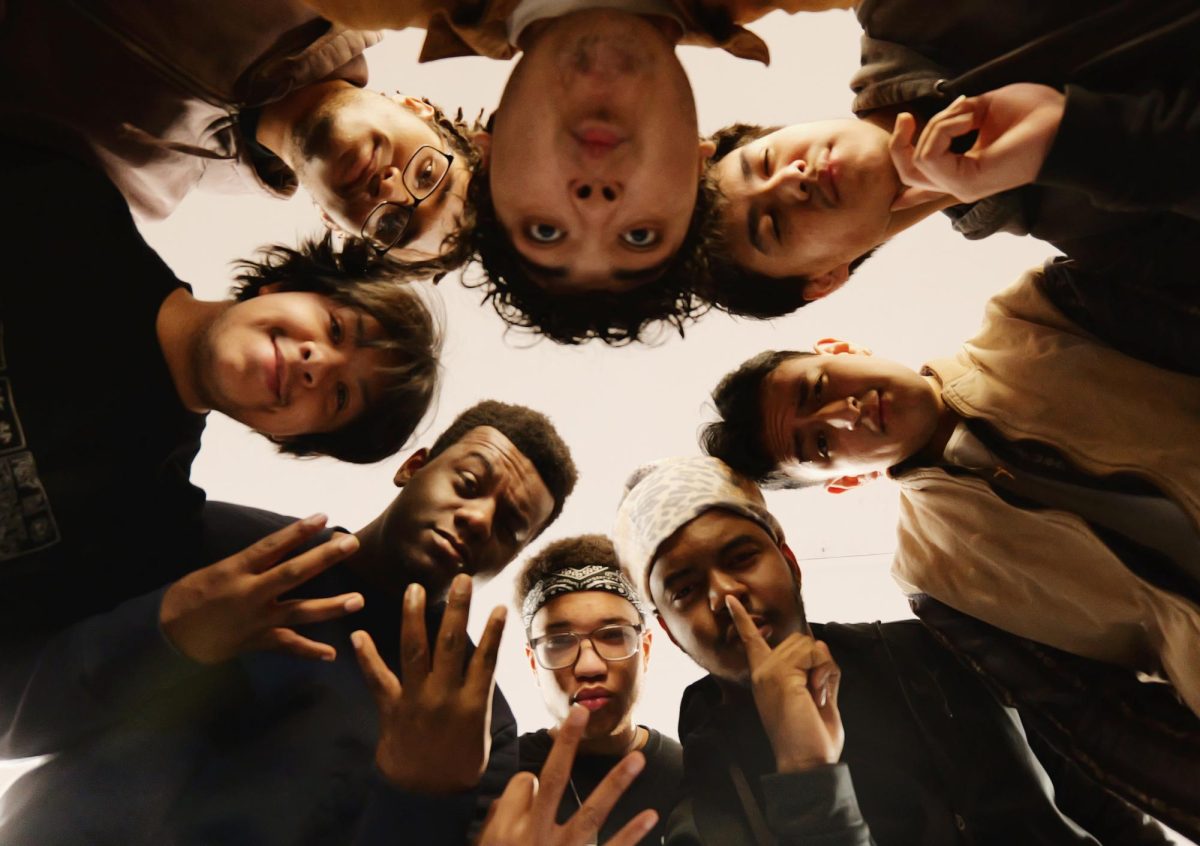
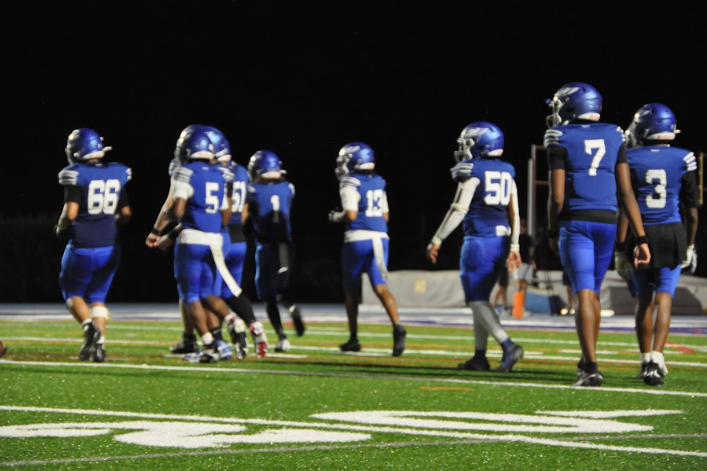
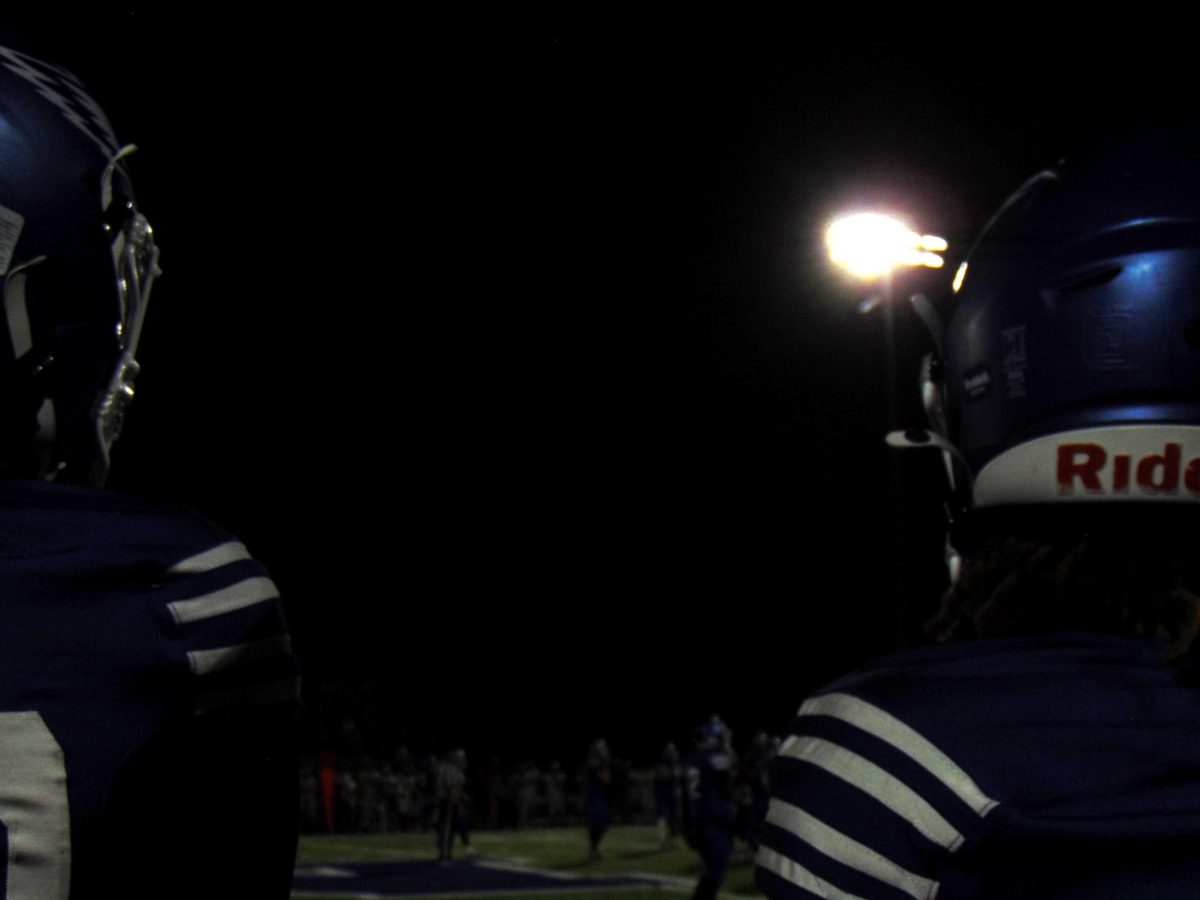
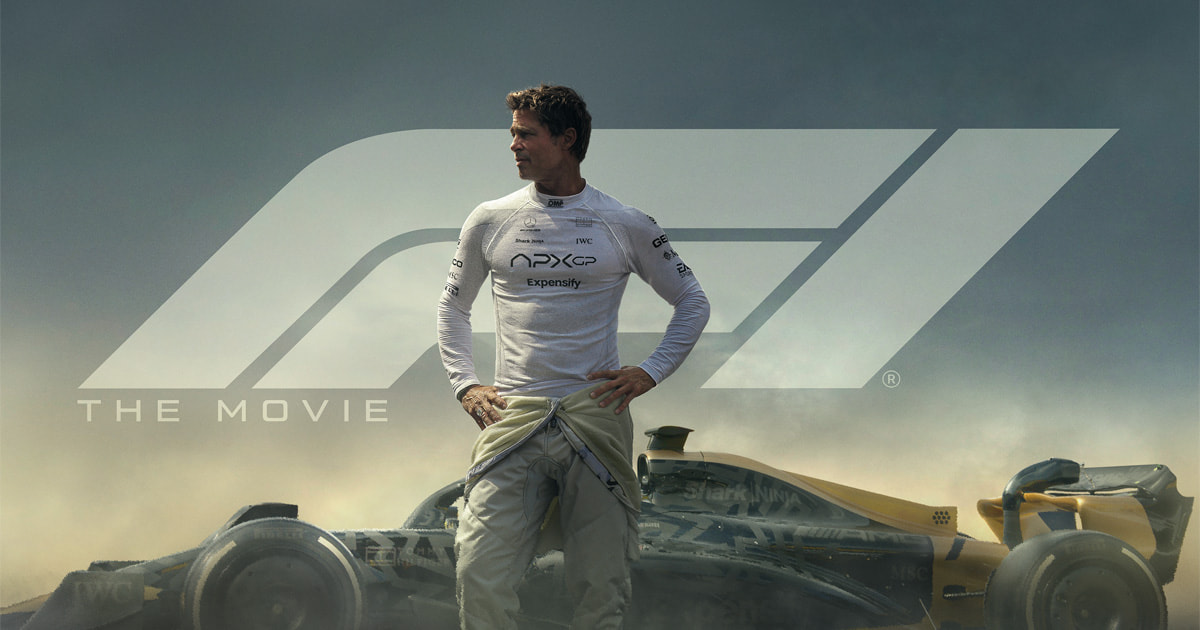



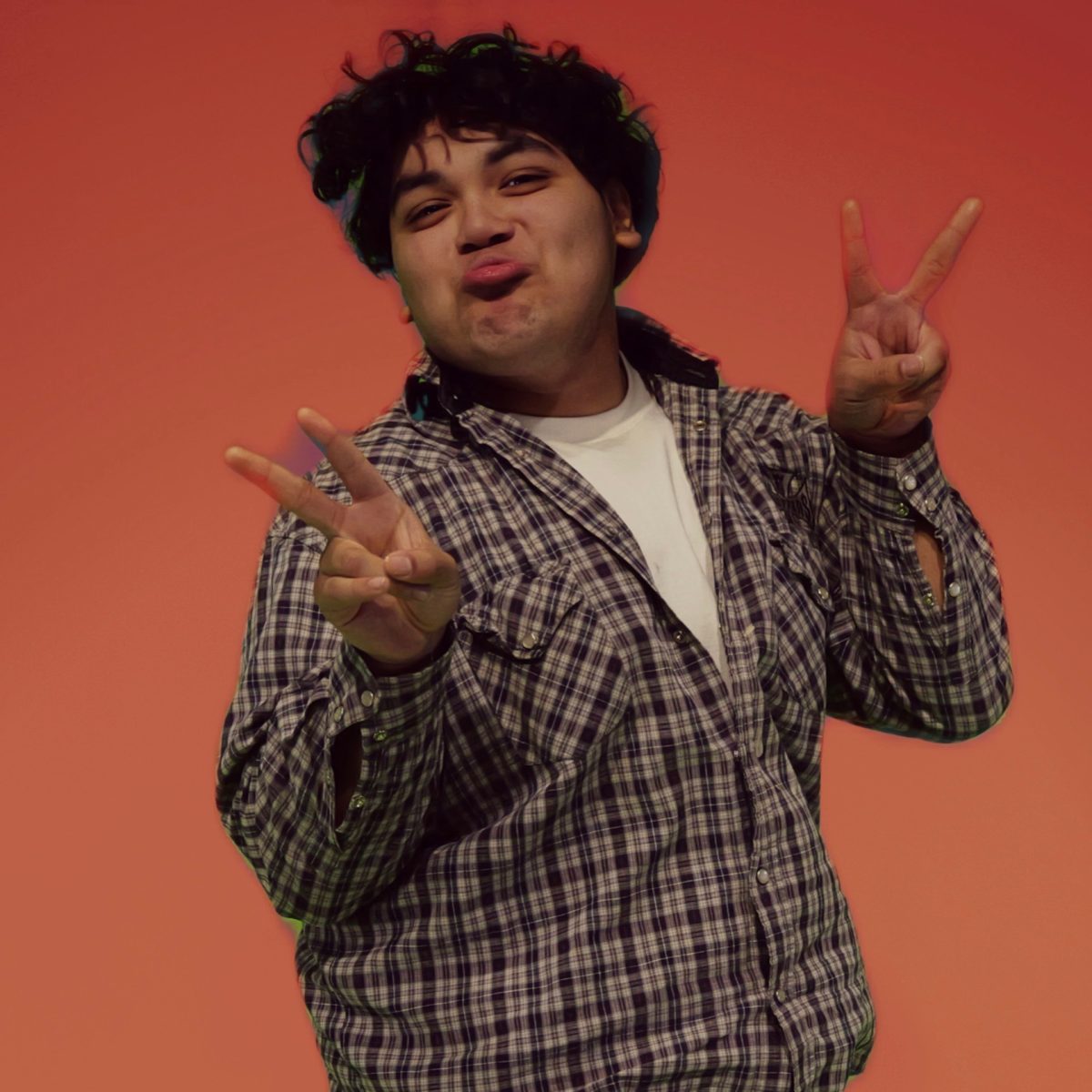
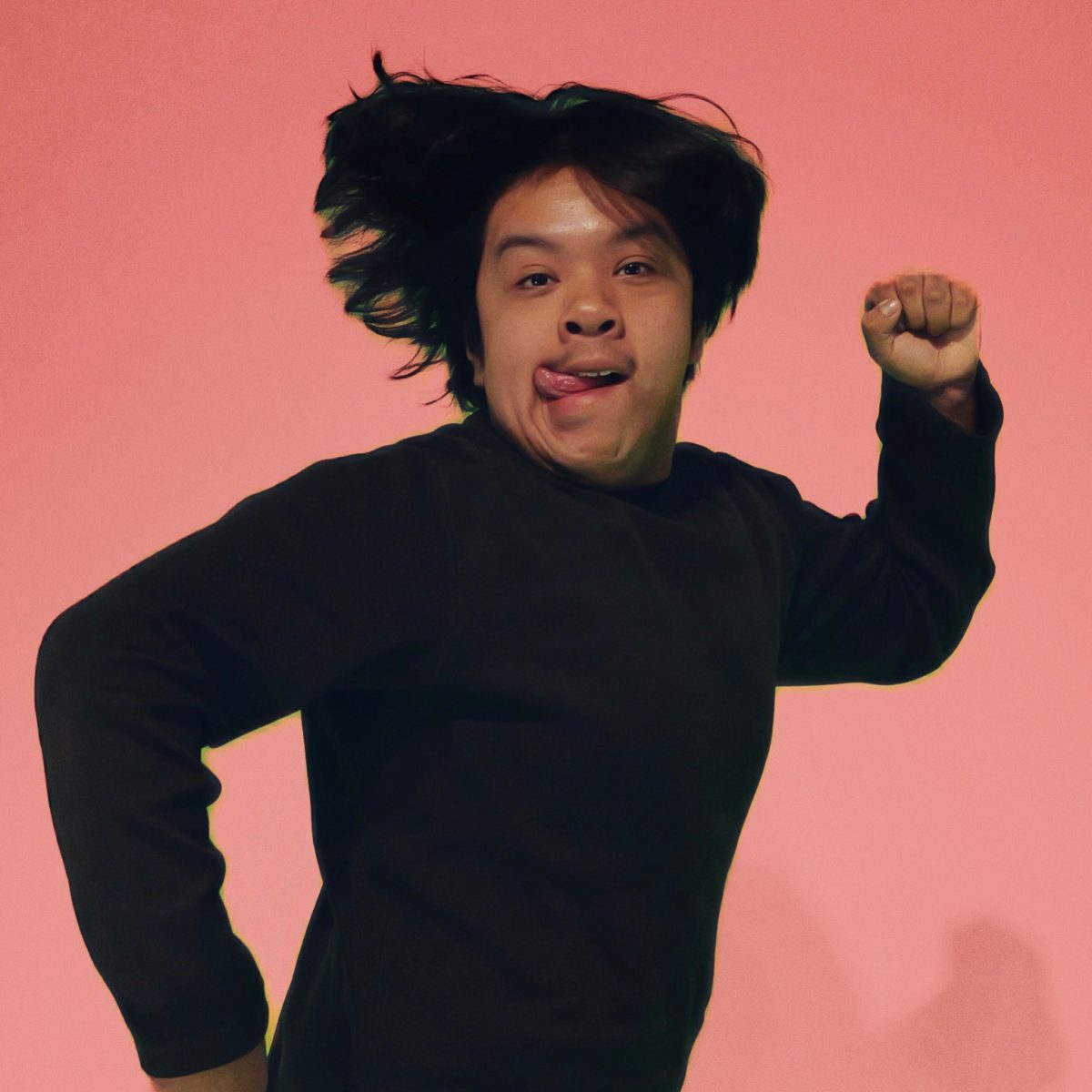
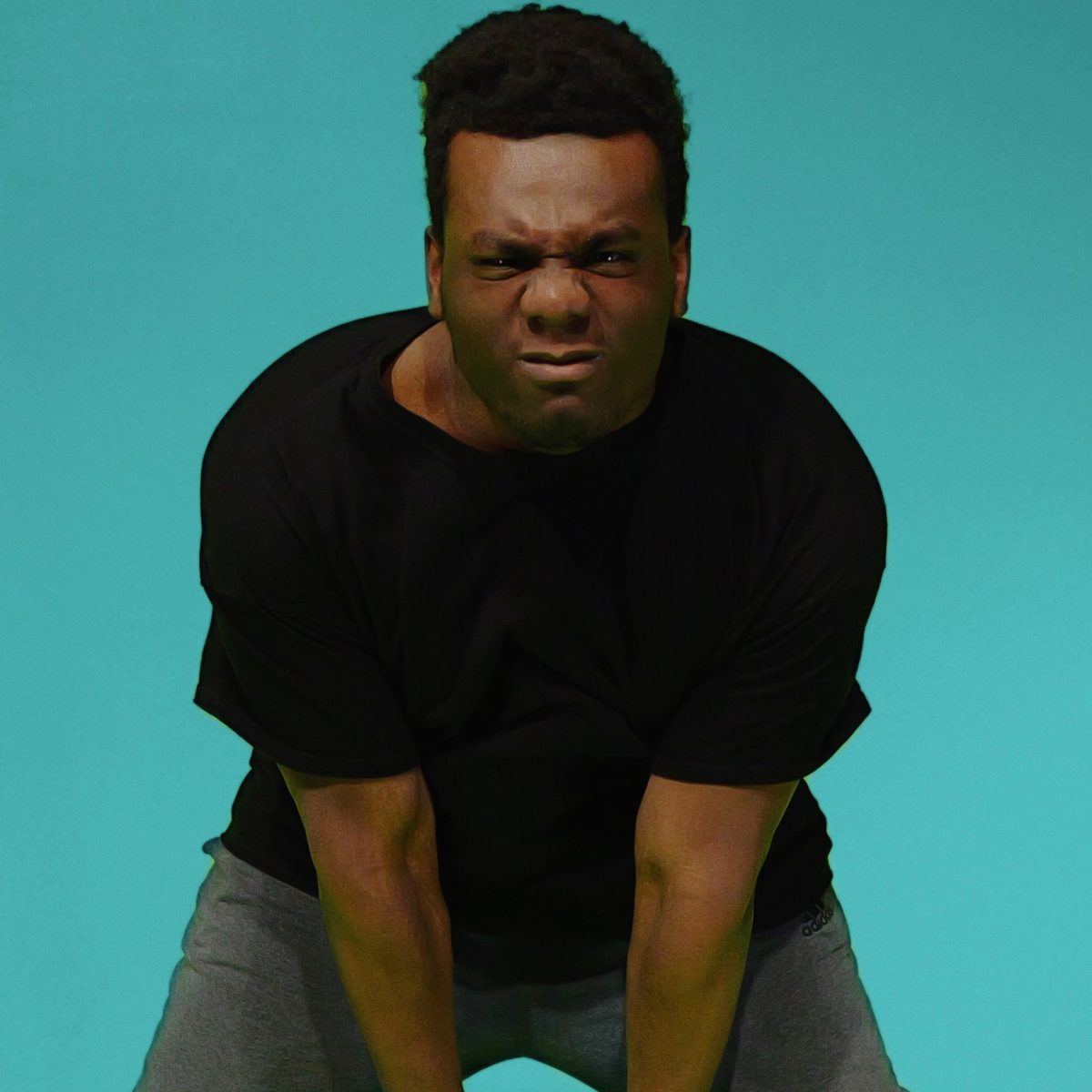
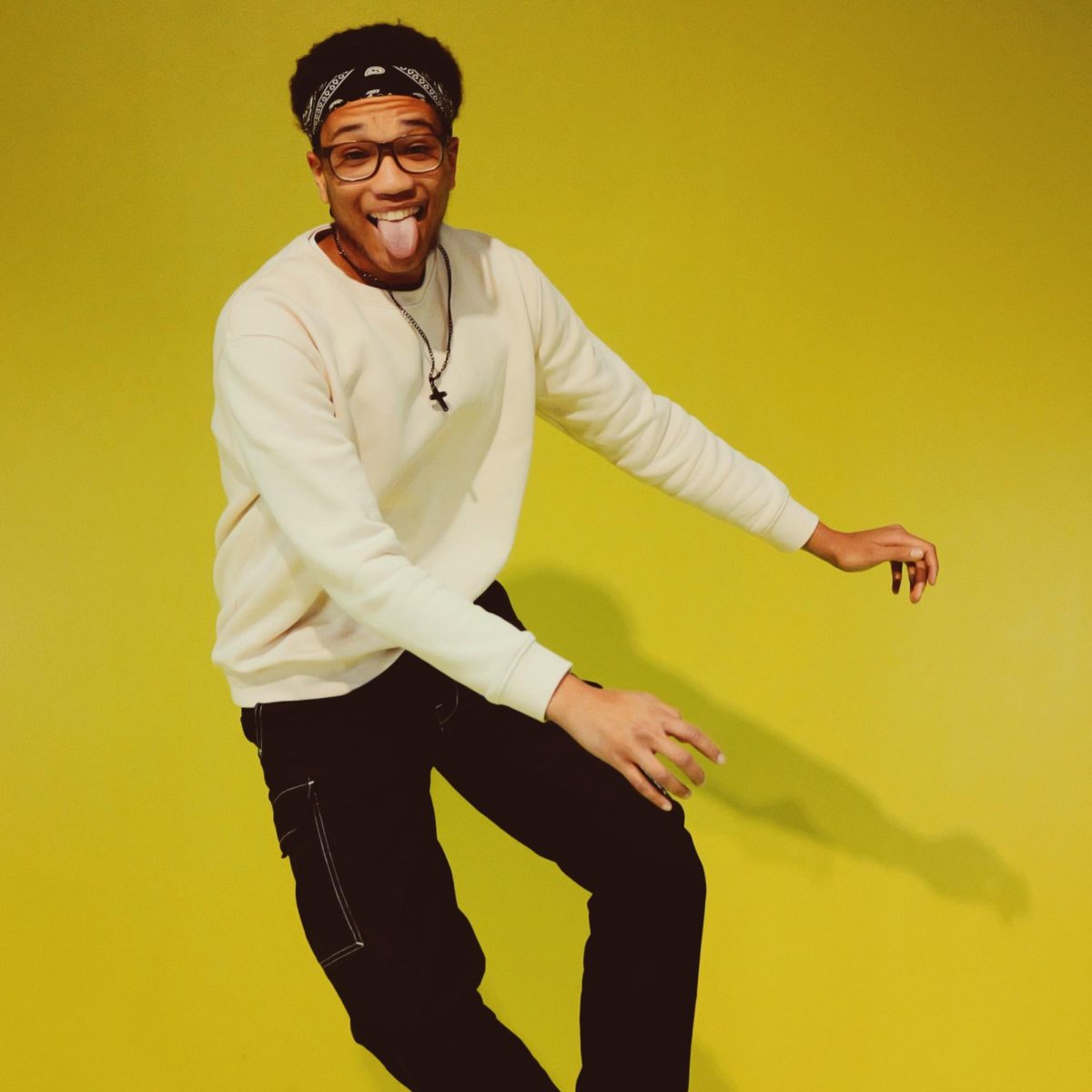
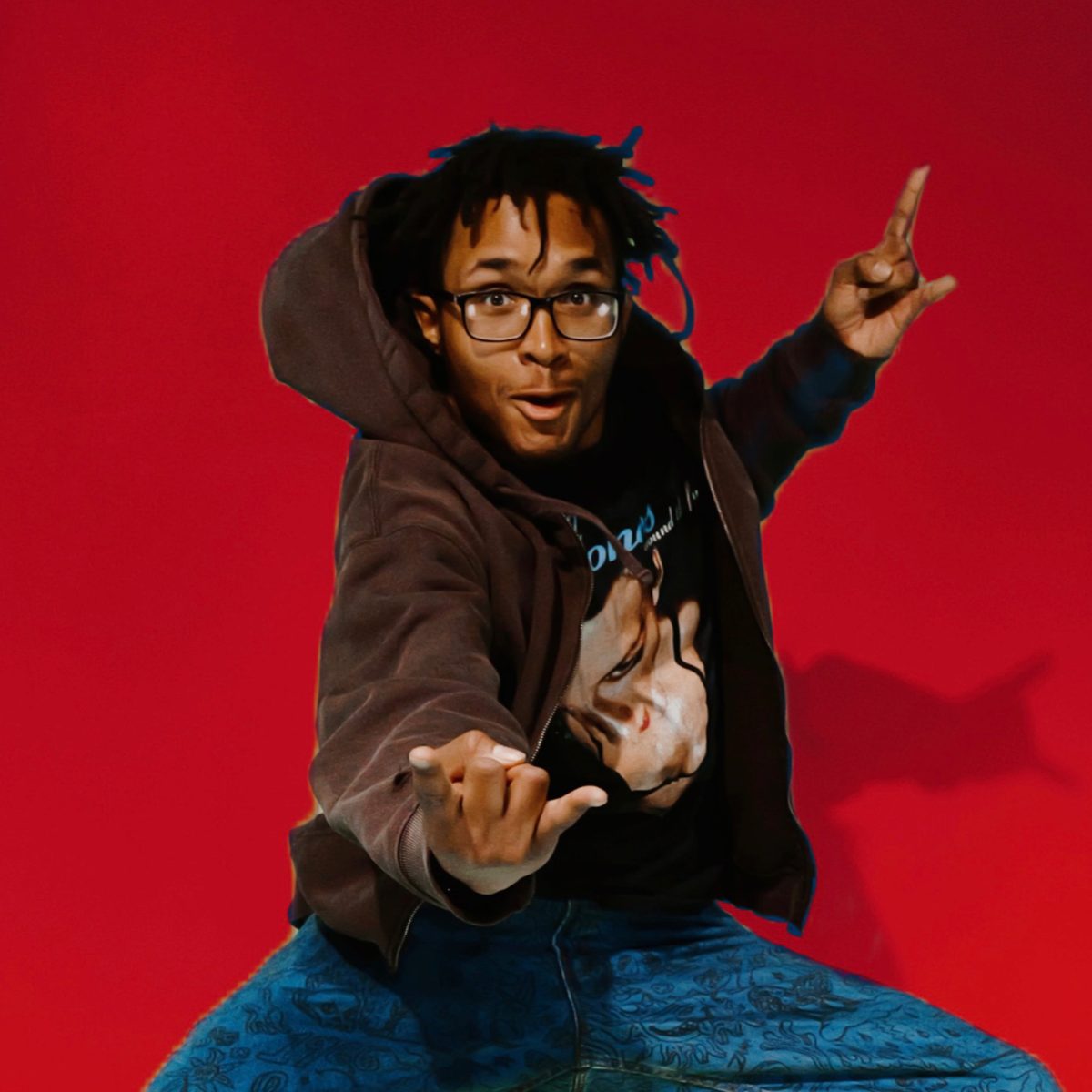
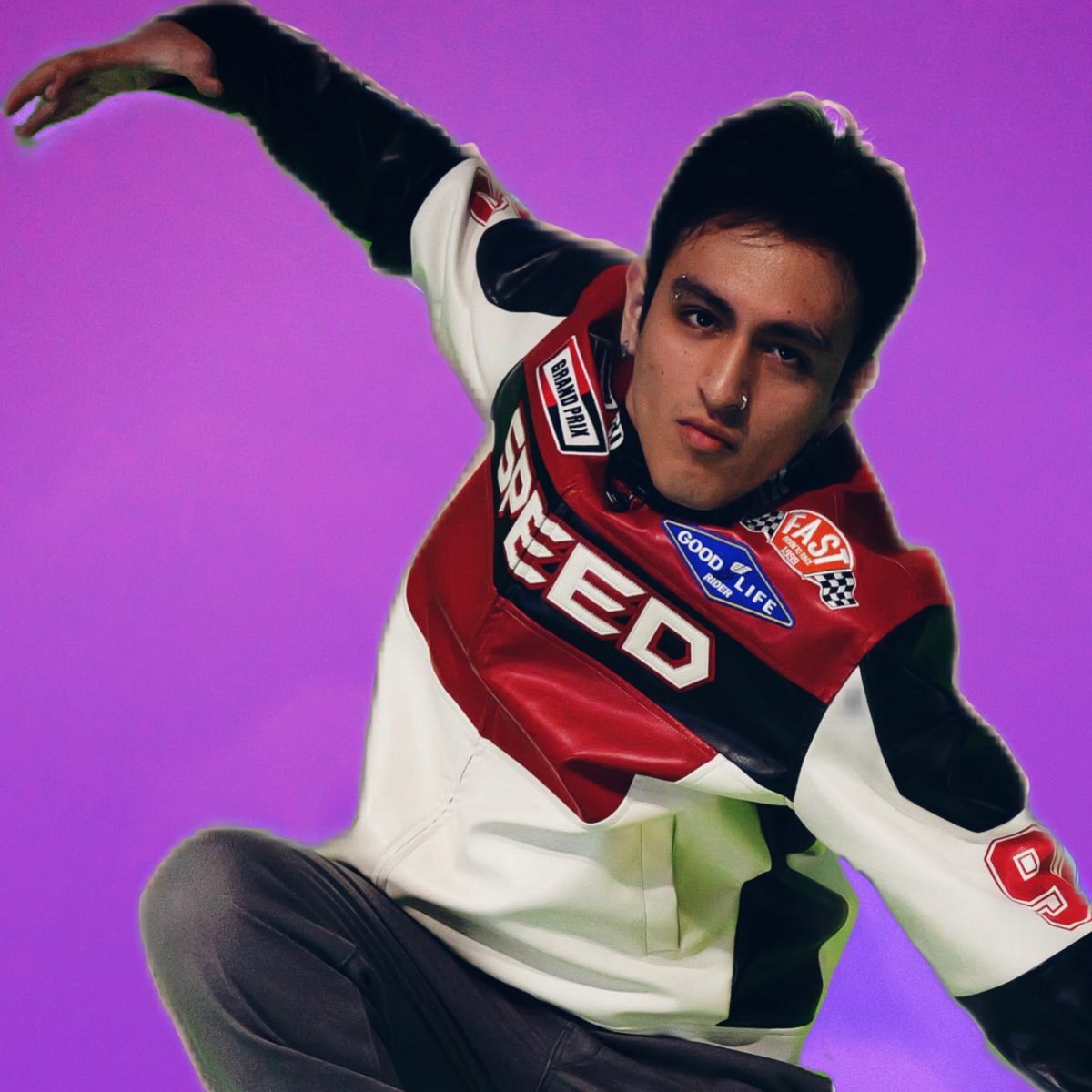
A’mya James • Feb 7, 2025 at 2:58 pm
Wow! This is very well put together. 3 articles in 1! I loved the part about Dudley’s experience being a woman of color. I wonder who/what exactly is threatening to take jobs and homes away though? Looking forward to the next article!
Ms. Villalba • Feb 7, 2025 at 11:03 am
This is a very eye-opening piece. I appreciate the level of time commitment this piece must have required. Keep up the good work, Raf!
Mrs Pirozzi • Feb 7, 2025 at 9:58 am
Considering the problems with media bias discussed in some of your interviews, I would like to commend the staff reporters for their nuance and objectivity in this piece! You’ve done a great job of telling these teachers’ stories from their own perspectives without filtering it through your own opinions. Keep it up!
Luke Warren • Feb 7, 2025 at 8:28 am
goat raf !